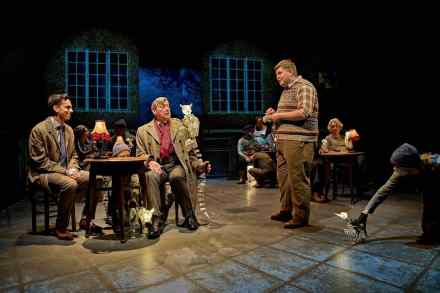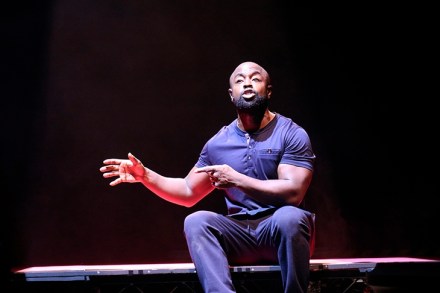Rooms with little left to view: the queer spaces of E.M. Forster and others
In this intriguing and idiosyncratic book, which aims to present ‘a new history of queer culture and identity over the past 125 years’, Diarmuid Hester recalls how he went to look at E.M. Forster’s former sitting room in King’s College, Cambridge. This once ‘intimate space’, filled with possessions accumulated over a long life, in which Forster wrote and entertained many notable guests from 1946 to his death in 1970, had been repurposed as the college’s ‘grad suite’, filled with battered furniture from Ikea, a football table and a television set. The only remnant of Forster’s residency was a large mantelpiece designed by the writer’s father. The exotically furnished homes Josephine




